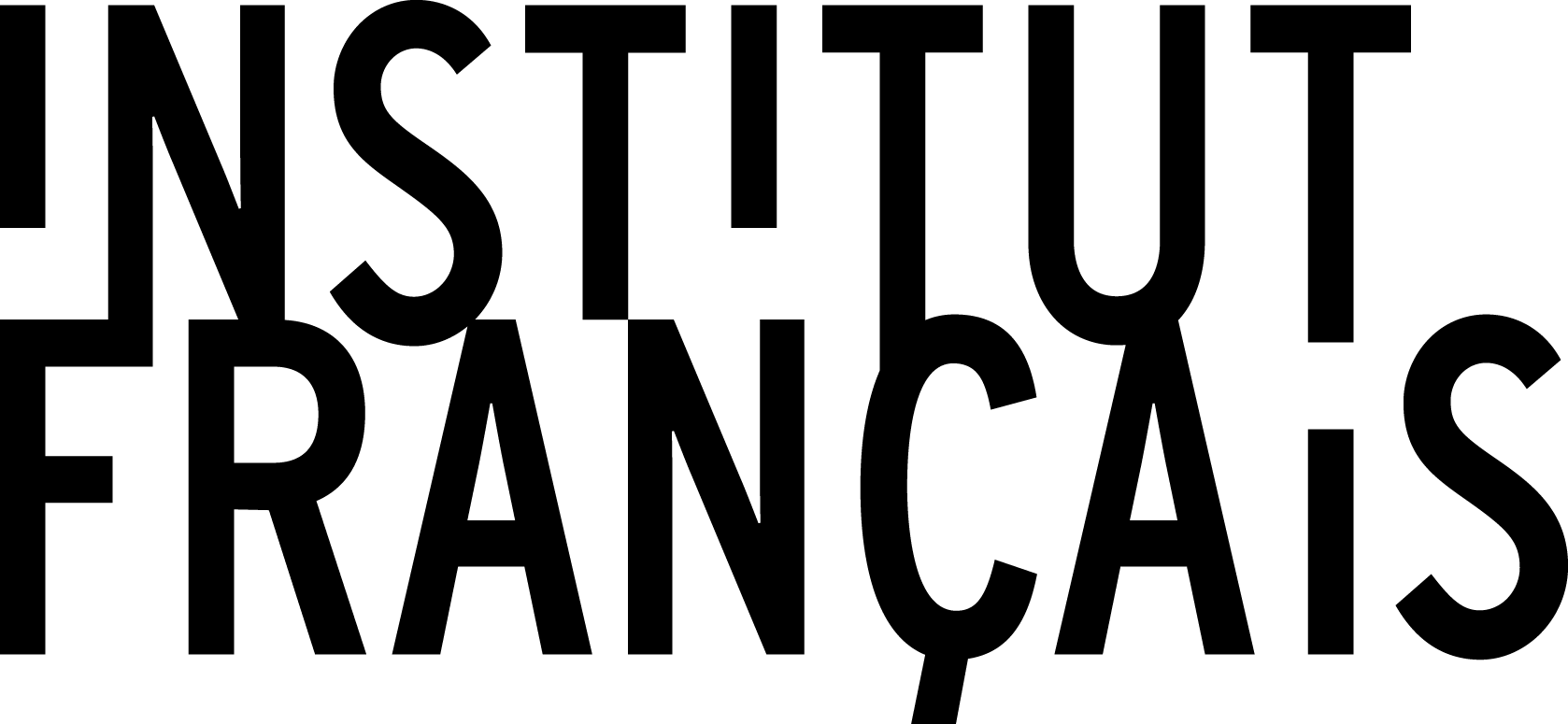The 19th century critic and painter John Ruskin believed mountains to be the beginning and the end of all natural scenery. For long, mountains have been regarded as awe-inspiring yet hostile places; sites that are simultaneously feared, respected and worshiped. As such, they took a special place in our art history during the Romantic period, with many artists endeavoring to capture its magnificence and the sublime effects they often evoked. Yet earlier cultures had already adopted mountains as objects of worship, and sites of holiness and power. In this Causerie titled The Mountain in Art and Literature, visual artist and writer Alexandre Singh explores different expressions of the mountain in our culture, ranging from Asian mountain hermits to European Romanticism. Participants include:
Robert Hewison (Former Slade Professor of Fine Art at Oxford, Honorary Professor at Lancaster University, and Visiting Professor at City University)
Tullio Lobetti (Senior Teaching Fellow Centre for the Study of Japanese Religion, School of Oriental and African Studies, University of London)
Marieke Dhont (Doctoral Researcher in Biblical studies, KU Leuven Faculty of Theology and Religious Studies)
About the Causeries
Upcoming Causeries
15 November 2012 – Literary Satire: on Pope, Lucian, and Wodehouse;
19 January 2013 – The Voice and The Chorus;
16 February 2013 – Woody Allen;
16 March 2013 – Scatology;
13 April 2013 – The Sculptor.
Recently
The Creation: On Cosmogony and Cosmology
Saturday 2 June 2012
Participants: Jessica Frazier (Fellow of the Oxford Centre for Hindu Studies and Lecturer in Religious Studies at the University of Kent), Andrew Jaffe (Professor Astrophysics at the Imperial College London), Bernadette Leclercq-Neveu (Professor in the Classics Department at the École Normale Supérieure in Paris), Bénédicte Lemmelijn (Professor Theology, Catholic University of Leuven), Alexander Verpoorte (Professor in the Faculty of Archeology at the University of Leiden), Francis Wolff (Professor in Philosophy at the École Normale Supérieure in Paris)
Pictorial Satire
Thursday 12 July 2012
Participants: Brian Dunphy (Professor Radio & Television, Brooklyn College, NY), Pascal Dupuy (Professor Early Modern History, University of Rouen) and Martin Myrone (Lead Curator Pre-1800 British Art at Tate Britain)
Theatrical Costumes
Thursday 16 August 2012
Participants: Alan Cummings (Senior Teaching Fellow In Japanese, School of Oriental and African Studies, University of London), Amy Kenny (Research Coordinator, Globe Theatre, London), Valeria de Lucca (British Academy Postdoctoral Fellow Music, University of Southampton).
Aristophanes
Thursday 13 September 2012
Participants: Edith Hall (Professor of Classics, King’s College, London), James Robson ( Senior Lecturer and Head of Department of Classical Studies, The Open University, London), Alexa Piqueux (Lecturer department of Greek Culture, University Paris Ouest Nanterre La Défense), and Adriaan Rademaker (Professor Classical Language and Culture, University of Leiden) on textual analysis of Aristophanes’ plays.
About the Causeries
Taking its title from the French verb causer – to converse or chat – the Causeries are set up as a series of discussions in which Alexandre Singh expands on his ambitious play The Humans’ key themes, ranging from cosmology and cosmogony to pictorial satire, dance, drama, and religion. Rather than discursive events in the well-known format of a conference or a symposium, the Causeries are conceived as informal conversations between the artist and an expert in a given field. It is not only the edification of the artist himself that is pivotal in this alternative kind of exchange, also the audience is offered an insight in the underlying themes of The Humans. The monthly Causeries are conceived by Defne Ayas and Alexandre Singh, and are organized in consultation with critic and writer Donatien Grau.
About The Humans
The Humans – with “creation” as its central theme – is an ambitious play that will evolve and change over a six-month period. Set before the creation of the Earth in a proto-world populated by spirits, gods, artisans and men of clay and plaster, The Humans is modeled after the ancient Greek plays of Aristophanes. Whilst the theatrical references are ancient, the satire is utterly modern: religion, morality and human hubris are all mocked with an irreverent and biting tone
Leading up to the final live presentation of his play, Singh will transform Witte de With’s second floor into a space; part artist’s studio, part script-room and display area; where visitors will be able to follow the development of the play. This on-site realization of the artwork allows the audience to gain a unique insight into the inner dynamics of artistic creation.
Institut Francais
